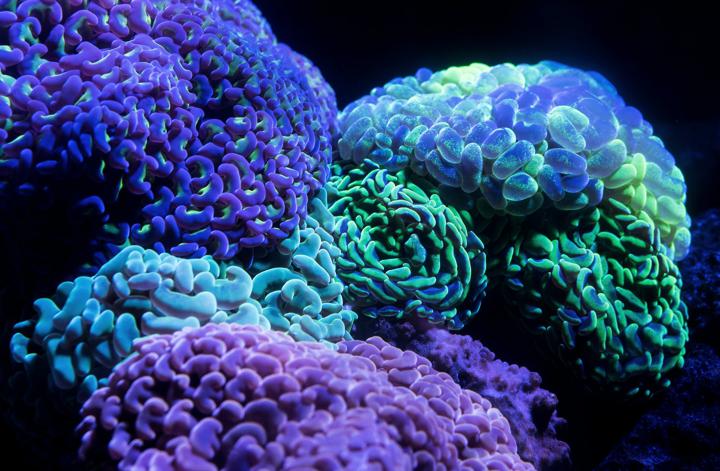
We are just now starting to uncover the negative effects of screen time and increased digital use. We can compare this to how popular cigarettes were in the 1950's where there was little evidence of any negative side-effects related to this lifestyle choice.
Even when we hear or comment on how frequent devices use is bad for us, we rarely back this with scientific and biological reasoning. We may have a vague idea that there is a link between screen time and things such as obesity or thinning the area of the brain in charge of critical thinking, or melatonin secretion, but we are challenged with finding a simple way to communicate this to the youth.
Dr. Jennifer Cross warns, “Too much time spent on social media as well as lack of sleep can affect behavior and cognitive performance in school and interfere with learning. It has also been shown that excessive screen time and sleep deprivation are linked to obesity, which in turn can affect self-esteem and lead to social isolation and more screen time.”
Dopamine Simplified
Dopamine is a neurotransmitter that is known as the “feel good chemical.” It affects motivation and is triggered/release through new rewards. Pleasure, performance, and focus are all affected by dopamine. This neurotransmitter is usually associated with food, exercise, love, sex, gambling, and drugs, and most recently, social media.
Social media gives you a neurochemical reward strikingly similar to the rewards you get from drugs and alcohol. Social media platforms are intentionally engineered to trigger dopamine release to make the site as addicting as possible for the average user.
Social media works through a ratio reinforcement which means that the rewards are inconsistent, also known as a variable reward. Similar to a slot machine and this is why it can be as addicting as gambling because it feels like there could be a big reward at any given time.
Possible solution: dopamine fasting. Reducing impulsive behavior to recalibrate brain chemistry. This is done by reducing stimulus and activities that make dopamine spike. A good schedule would be to stop using phone for up to 1-4 hours a day, one day per week. Then increase it to one weekend once a month and eventually one week per year.
If a detox is too much, you can always set limits for yourself such as no screen time within the first two hours of waking up and no screen time while eating meals.
Melatonin Simplified
According to The Sleep Foundation, 4 out of 10 Americans take their cellphone to bed with them when trying to fall asleep. This is most common for adolescents and adults from the ages of 13 to 29.
Screens on laptops, televisions, tablets, e-readers, and phones give off blue light which has been correlated to the decrease of the sleep hormones, melatonin. Melatonin promotes relaxation and deep restful sleep.
Melatonin is produced in dark environments because of the sleep/wake cycle called the circadian cycle. The circadian rhythm influences human sleep by taking cues from sunlight. Sunlight energizes where darkness relaxes. Blue light and wavelengths coming from devices are similar to the blue wavelengths coming from natural sunlight.
According to Harvard Health, there is a link between exposure to light in the evening and obesity, heart disease, and diabetes.
“Researchers put 10 people on a schedule that gradually shifted the timing of their circadian rhythms. Their blood sugar levels increased, throwing them into a pre-diabetic state, and levels of leptin, a hormone that leaves people feeling full after a meal, went down.”
Simple Solution: avoid looking at screens two to three hours before desired sleep time. Setting a curfew for screens before bed is a great way to mitigate the negative effects of blue light exposure.
